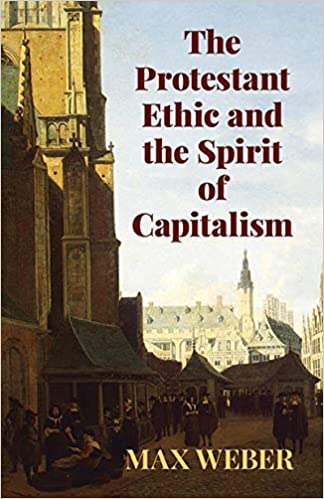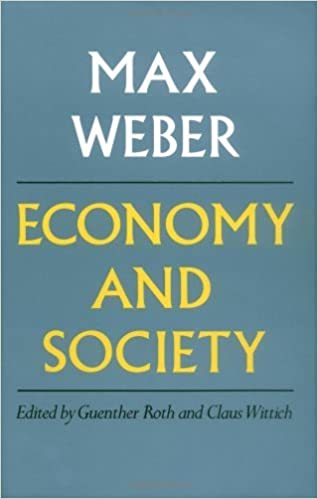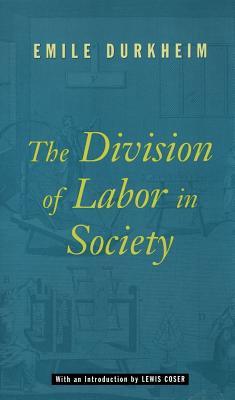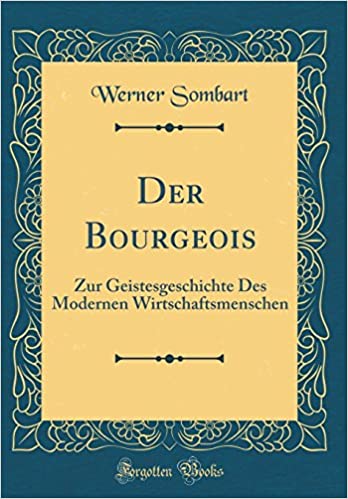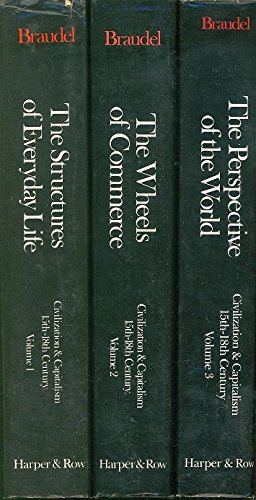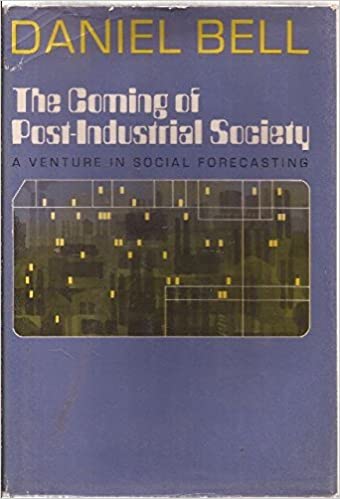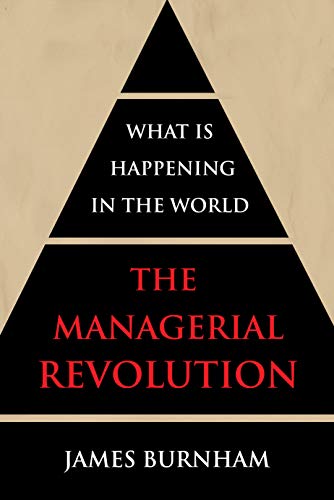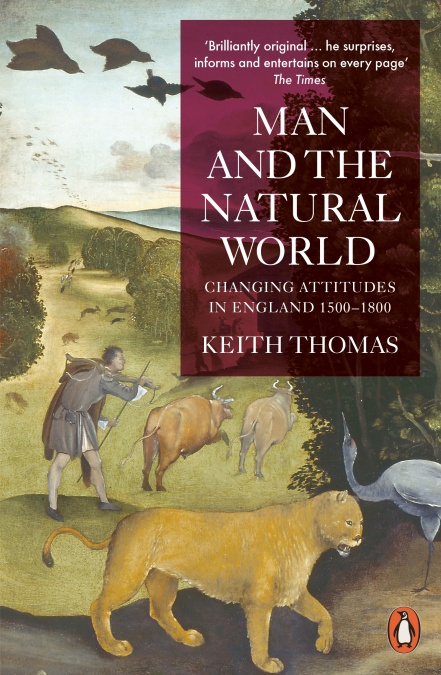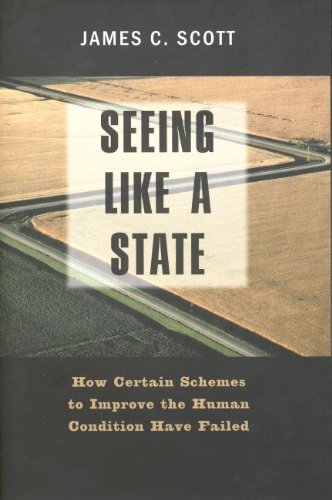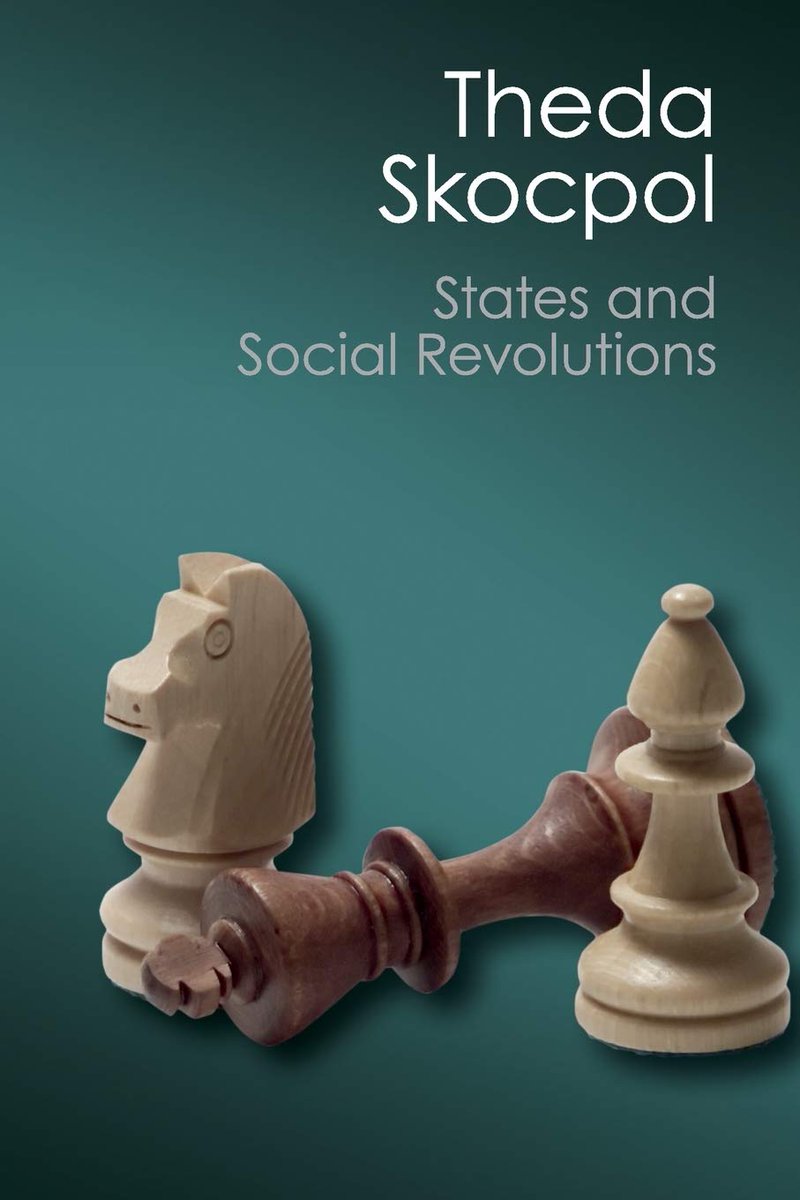A thread of readings for sociology and historical sociology . I think many on this part of twitter will be interested in these suggestions. @GuiDurocher @Irkutyanin1 @RogueScholarPr @HistorysE @Peter_Nimitz
I just posted about this,but it is a shame that sociology is considered by some of our people to be unimportant as a discipline or methodology because of its place within modern academia. Many of these suggested readings have a conservative bent to them and those that don’t are
still very useful for our understanding of history, society, and politics.
Generally considered forefather of sociology (some predecessors in Comte and Marx). Most reading this are probably somewhat familiar with the thesis of the first book pictured. Other than
Generally considered forefather of sociology (some predecessors in Comte and Marx). Most reading this are probably somewhat familiar with the thesis of the first book pictured. Other than
Protestantism leading to modernity, the underlying ethos of capitalism, disenchantment, etc, Weber in this book is focused on the specific processes of modernization and what that ultimately means.
Durkheim is another forefather of sociology. I am not to familiar with his work but the first book is a classic that is concerned with the effects of modernization on the individual and the creation of the atomized modern subject and the social toll that comes with it.
In my opinion, this is Marx’s most interesting work and most of his ideas about western European social and economic life in nineteenth century can be found in here. Other than "Capital" probably the best and most concise introduction to some of his sociological ideas.
Tonnies is a somewhat unknown early German sociologist, but certainly still worth reading. This book is primarily concerned with the social difference between modern vs pre-modern social order and community.
Sombart is certainly the closest any early sociologist comes to the ideas of those of you most likely reading this. Looks at the socially dislocating aspects of modern capitalism and is ultimately interested in recreating traditional social structures within industrial society.
Also, concerned with the sociology of Jewry and its impact on the rise of capitalism. Only one of his books is translated to English, but if you read German or French, I would recommend the other book (I also did a thread on him a month or so back)
Braudel's work is some of the most dense and detailed historical sociology ever written. I have only read excerpts from the book on the Mediterranean, but its an impressive series of works concerned with documenting all aspects of life in the transitionary centuries of modernity.
I just started reading this, so I cannot comment extensively, but Elias was one of the last serious scholars of historical sociology. The book pictured below is concerned with the civilizing processes associated with manners and codes of conduct and how they are related to the
growth and permeation of state power in medieval and early modern Europe. Elias also has a book on the sociology of the Germans that looks fascinating, but I sadly have not read.
Nisbet was certainly the most traditionalist of the post-WWII sociologists. The overall theme of much of his work Is the uprooting tendencies of modern political life and the importance of communitarian social life for individual people.
A lot of his work functions as intellectual history (without much of a social dimension) but the two works pictured above - besides being the only two I have read – are his most sociological in nature.
I think most reading this are familiar with Foucault's ideas, but this book is the best introduction to his work. The evolution of the prison and the carceral state, the concealment of power, and subjectivity are major themes of this work, would highly recommend trying to read.
Daniel Bell is one of my favorite sociologists and most people on our side have not heard of him (even though he shares some of our ideas). The two books pictured are his best. Both books were concerned with the dislocation of capitalism from bourgeois social ethos and the
creation of post-bourgeois forms of capitalism. James Burnham was not much of a sociologist, but his book "The Managerial Revolution” is a good one to check out (similar ideas)
I just posted a thread about this book, but the book pictured below is a great revision of some of the Marxist theories of modern history (the transition from feudalism to capitalism) by looking at class in a more malleable way. Look at my thread if you want further info.
Tilly is another more recent scholar of historical sociology. This book, is the best for understanding the formation and convergence of the modern nation sate, arguing that war, capital, and coercion were the deciding factors in its formation and
ultimately in its convergence towards the nation state.
I am not familiar with a lot of Richard Nisbets work, but this is a great text that seeks to understand the underlying historical and social forces that produced “honor cultures” and systems of honor (it specifically
I am not familiar with a lot of Richard Nisbets work, but this is a great text that seeks to understand the underlying historical and social forces that produced “honor cultures” and systems of honor (it specifically
argues that agricultural social orders were the ultimate impetus for this type of culture).
Keith Thomas work is some of my favorite historical work (it comes from a sociological framework that seeks to understand large scale social, intellectual change and even shifts
Keith Thomas work is some of my favorite historical work (it comes from a sociological framework that seeks to understand large scale social, intellectual change and even shifts
in consciousness. The first book pictured is one of the most influential theoretical histories of all time. Digs deep into the notion of the reformation as the disenchantment of the world and shows that Protestantism coincided with modernization and the destruction of the
supernatural or superstitious aspects of pre-modern life, The second book is similar but focuses on human's relation to nature and the natural world, the transition from a holistic relationship to nature and its separation from man.
Scott's books are impressive from a scholarly standpoint and a good example of recent historical sociology. Approaches sociology/anthropology from an anarchist perspective, challenges many anthropological notions that define theories behind emergence of state and social contract.
Mill's is considered the father of much o the New left sociology and therefore the beginning of the end for the discipline.However, this book is far from bad, it is fairly interesting as an explanation for the growth of powerful and unaccountable institutions in American politics

 Read on Twitter
Read on Twitter